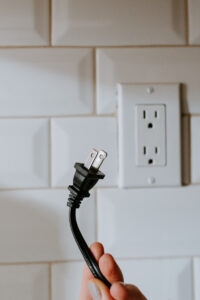 Electricity is dangerous and a lot of precaution is necessary when you work around it all the time. This raises the concern for electricians and how they manage to not get electrocuted. We know there are many things they know that everyone else doesn’t, but is that all?
Electricity is dangerous and a lot of precaution is necessary when you work around it all the time. This raises the concern for electricians and how they manage to not get electrocuted. We know there are many things they know that everyone else doesn’t, but is that all?
Could there be other things electricians do to protect themselves from getting electrocuted? Let’s find out:
Appropriate Tools
An electrician makes sure to always use appropriate tools while doing electrical work, in order to stay protected. There are many protective tools and equipment available for electrical work, they include:
- Insulated Screwdrivers to protect you while working on an energized circuit during installation of light fixtures, or wall plate and mounting outlet box removal.
- Wire strippers for correctly stripping wires. They can remove insulation without causing damage to the conductor beneath. These strippers have graduated holes along its jaw length, and you can match the hole sizes to the wire size you intend to strip.
- A protective eyewear is a necessary tool to avoid having vision damaged.
- Side-cutting pliers are highly versatile, and can be useful for anything from snipping through cable and wire, to pulling cables through walls. The protective ones have insulated handles to avoid electrocution.
- A voltage sniffer is a tool that helps confirm that electricity is not present. This is one of the most important tools as it protects you from making moves on a live circuit that may be dangerous and lead to a hazard. These tools do not necessarily make contact with outlet prongs or wires, they can still detect when there’s live power.
- Insulating rubber and leather gloves protect electricians from both high and low voltage.
- Safety boots are a necessity, and come with soles that are non-conductive, making sure that electricity does not get through.
- Arm sleeves made of rubber are worn in situations of high voltage to avoid electrocution
- Mats that are rubber insulating are useful when electricians have to lean or stand
- The corona suits are not worn for fancy. They are necessary for transmission line work, to keep the electrician safe from high voltage electricity.
Precautions
Electricians are also conscious about precautions when it comes to their line of work. There are ground rules designed to keep you safe while working with electricity and a compromise of these rules can become dangerous.
These are some of the precautions every electrician knows and is conscious of:
- Avoiding water and making sure there is no water around the electrical work site. This means no working with wet hands or wet clothes because of how much electrical conductivity increases.
- Watching out for broken plugs, frayed cords and damaged insulation in equipment and not using such equipment.
- Making sure the mains are turned off while working.
- Avoiding energized equipment repairs until they are de-energized.
- Never making use of a steel or aluminum ladder because of the high conductivity. A wooden or bamboo wire is always a safer option.
- Being familiar with the country’s wire code.
These are some of the ways electricians are kept safe at our company, The Electric Connection, and we’ve done a good job of making sure our electricians are properly trained against electrical hazards.





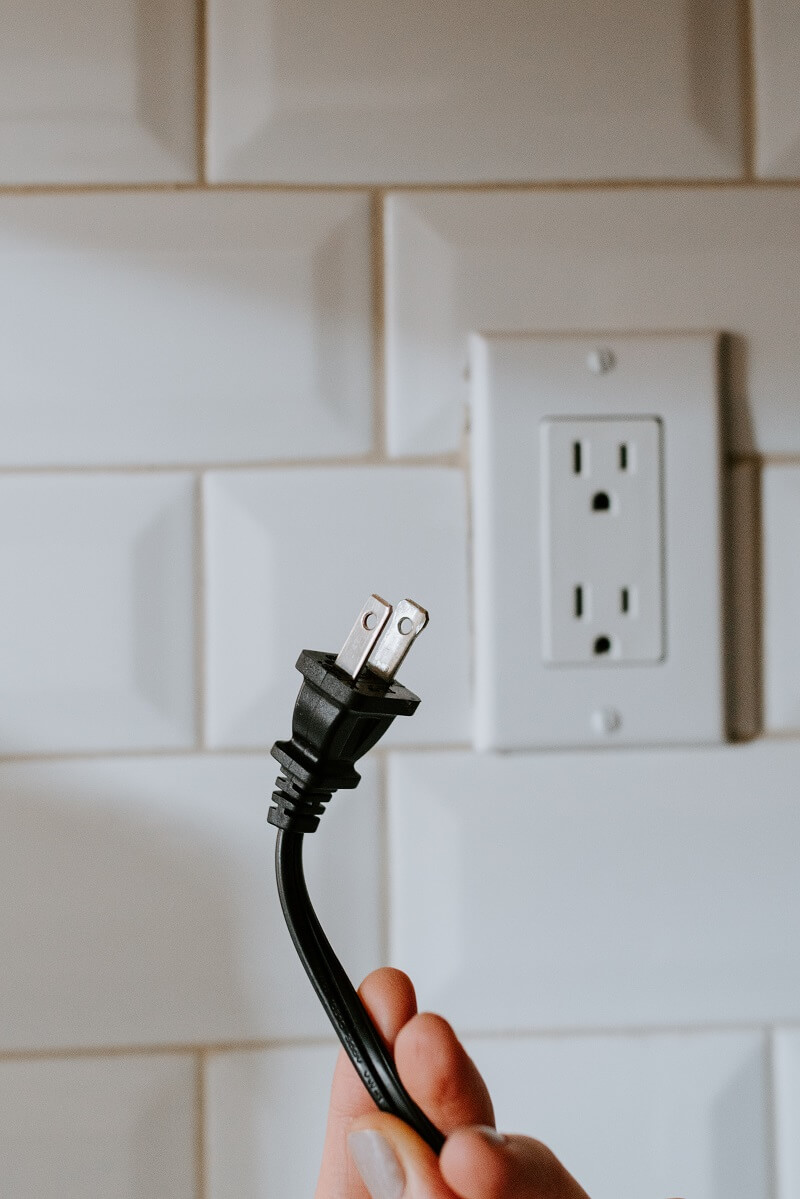

 As a homeowner, every spring, there are certain aspects of your property that are crucial to maintain along with your daily tasks. A main aspect of springtime preparedness is to maintain your electricity and safety standards to keep your family safe. Use these three spring electrical tips from
As a homeowner, every spring, there are certain aspects of your property that are crucial to maintain along with your daily tasks. A main aspect of springtime preparedness is to maintain your electricity and safety standards to keep your family safe. Use these three spring electrical tips from 

 If virtual events were hardly a big deal before, they sure are now. Several guidelines to help protect everyone from the pandemic have made it impossible to enjoy most events in public as we did before. Consequently, many scheduled events have been canceled, some postponed, and others going virtual.
If virtual events were hardly a big deal before, they sure are now. Several guidelines to help protect everyone from the pandemic have made it impossible to enjoy most events in public as we did before. Consequently, many scheduled events have been canceled, some postponed, and others going virtual.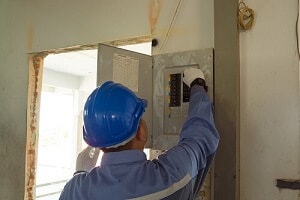 Some electrical issues are more common than you think. They occur in almost every home with electricity and while they may be no one’s fault sometimes, it’s often because your electrical system is subject to getting worn out. Read on as we discuss the most common electrical issues in Los Angeles homes and how to handle them.
Some electrical issues are more common than you think. They occur in almost every home with electricity and while they may be no one’s fault sometimes, it’s often because your electrical system is subject to getting worn out. Read on as we discuss the most common electrical issues in Los Angeles homes and how to handle them.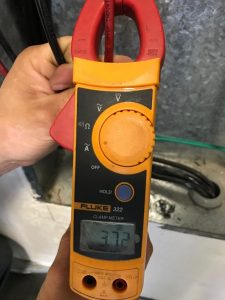 We all use and love electricity. It keeps us warm, gives us access to entertainment, preserves our food, cooks our food, heats our water, upgrades our security, and so on. The uses and comforts of electricity are endless, but there are just as many risks involved.
We all use and love electricity. It keeps us warm, gives us access to entertainment, preserves our food, cooks our food, heats our water, upgrades our security, and so on. The uses and comforts of electricity are endless, but there are just as many risks involved.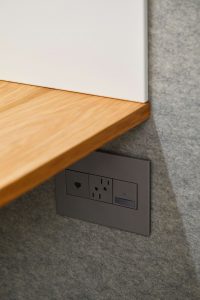 Electricity is almost as important as oxygen nowadays. It powers everything around us in one way or the other. Just like electricity is useful, it can also be dangerous. But we will not discuss the dangers here.
Electricity is almost as important as oxygen nowadays. It powers everything around us in one way or the other. Just like electricity is useful, it can also be dangerous. But we will not discuss the dangers here.  Home appliances are necessary for comfort and efficiency. They literally make life easier for everyone. The only problem is that they all demand electricity to run and some use up much more power than others. Hence, while you enjoy the convenience of warm water or cool air regularly, your electric bills keep rising higher.
Home appliances are necessary for comfort and efficiency. They literally make life easier for everyone. The only problem is that they all demand electricity to run and some use up much more power than others. Hence, while you enjoy the convenience of warm water or cool air regularly, your electric bills keep rising higher. 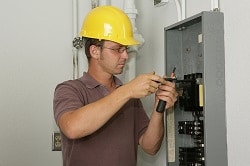 The words ‘electrical contractor and electrician’ are often used interchangeably. Many people do not know the difference between both but assume they mean the same thing. In this article, we will discuss what an electrical contractor does and how they are different from an electrician.
The words ‘electrical contractor and electrician’ are often used interchangeably. Many people do not know the difference between both but assume they mean the same thing. In this article, we will discuss what an electrical contractor does and how they are different from an electrician.